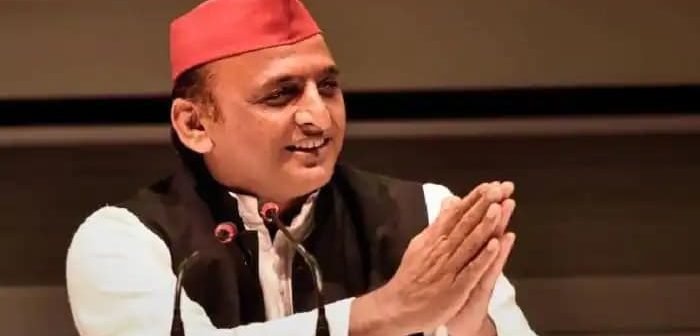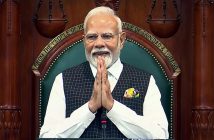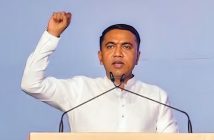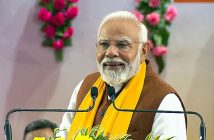One of the big poll topics this election season in Uttar Pradesh is electricity. It keeps coming up in speeches and manifestos, and in what the voters say they expect of the government.
As UP inches towards 24 hours supply, the chorus is no more about “chaubis ghante bijli” but “sasti bijli dar” or “free bijli” (cheap or free electricity).
The tariff
The state has about 3 crore electricity consumers. Consumer forums say the domestic electricity bill has more than doubled in eight years in the state. A major hike took place under the previous Samajwadi Party regime, but the BJP government has also increased rates.
Currently, the tariff for domestic consumers in UP, including fixed charges, is Rs 110 per kilowatt per month, with the rate rising as more power is used, going up to Rs 7 per kWh. The last hike was in the 2018-19 financial year.
While the Uttar Pradesh Power Corporation Limited can recommend a hike, the decision lies with the Uttar Pradesh State Electricity Regulatory Commission. Sources said a hike was recommended in 2020-21 but the commission turned it down. With the commission being an autonomous body, the government must technically get a hike or cut cleared by it.
The demand to reduce tariffs considering the Covid pandemic has been around for a while, but the government acted only in January, just before the polls were announced, reducing the tariff by 50% for use of tubewells by farmers. For many voters, this is a winner.
The SP was the first to vow 300 units of “free electricity” to domestic consumers if its government came to power. SP chief Akhilesh Yadav even launched a “registration campaign”, asking people to sign up for the scheme under the names on their electricity bills or using Aadhaar cards if they were new or probable consumers. The promise was part of the SP’s manifesto released this week, along with the guarantee of “free electricity” for farm irrigation. While the SP also promised 24 hours electricity earlier, its leaders are focusing more on the promise of 300 free units now.
The BJP also released its manifesto this week, with the very first ‘sankalpa’ on its paper being ‘free electricity to farmers for irrigation for next 5 years’. While in 2017, the BJP had promised 24-hour electricity to every household, this time it did not mention this, though the party has been claiming that the Yogi Adityanath government has been able to ensure 18-hour supply to rural and 24 hours to city areas. The party appears to have given up another 2017 promise: of subsidised electricity to the poor at the rate of Rs 3 per unit for the first 100 units. In fact, there was no mention of any subsidised rates for any domestic consumers.
The Congress, like 2017, has taken the middle path, promising to reduce electricity bills by half in its manifesto. It has also promised to “waive off pending arrears from the Covid period”.
The fallout
As per experts, the SP’s promise of free electricity up to 300 units, along with free electricity to farmers, would cost the exchequer over Rs 25,000 crore per annum.
Awadhesh Verma, President of the Uttar Pradesh State Power Consumer Forum, who has been fighting for reducing electricity rates for years, says, “In the recent past, Uttar Pradesh domestic electricity consumers have seen the maximum hike in electricity tariffs, up to 50% during the previous Samajwadi Party regime and about 28% during the present. While UP has also seen much greater availability of power, the electricity bills have doubled.”
Verma feels any government would find it hard to write off the charge given the amount involved. According to him, a better solution would be reduced rates. He also warns of misuse of power if more is available for free.
Free power to farmers was a more practical promise, he adds. “It would cost the exchequer no more than Rs 1,800 crore, and would thus not be a problem for any government to implement.”




